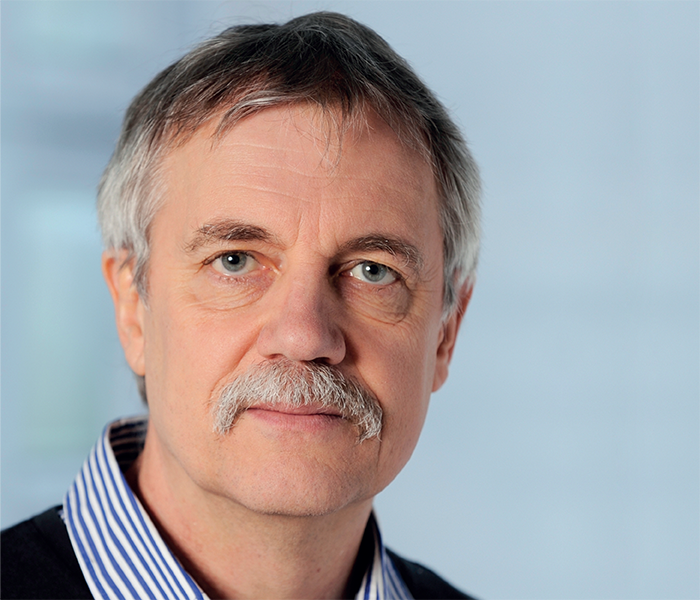In recent years, the impact of analytical science in the life sciences has been particularly impressive. Advanced fluorescent imaging techniques were the basis for sequencing the genome, cryoEM single-particle analysis revealed the structure of biomolecules at atomic resolution, and mass spectrometric techniques have made great inroads towards the exploration of the many layers of information of the proteome.
Lord Kelvin once said, “When you cannot measure it, when you cannot express it in numbers, your knowledge is of a meager and unsatisfactory kind.” In essence, he is stating that data – which is frequently generated by analytical science and technology – is at the root of scientific investigations. This notion is reinforced if we follow advances in many fields of research including chemistry, physics, atmospheric science, and life sciences.
Why then, as the recent Power List has revealed, does analytical science not have the reputation it deserves? With Lord Kelvin’s words in mind, I believe we can raise the profile of analytical science if we highlight not just the performance metrics of analytical methods, but also the contributions analytical science plays in shaping our understanding of the world we live in.
When we communicate progress in analytical science, we should increasingly focus on what results and insights can be achieved by the technique rather than, or at least in addition to the precise details of its workings. For instance, we’ve been working in the field of proteomics for a long time and witnessed that mass spectroscopic techniques have progressed at an incredible pace. The general life science community may find our research more captivating if we emphasized the generated data and their significance for biology and medicine. Rather than just focusing on the presence and quantity of any protein in a sample, we should give details on their modification, how and with whom they interact, what shape they take, and what functional role they play in the highly complex environment of a living cell. Sharing our research is important, but we must take care when delivering results to ensure each field appreciates analytical science for its true value and potential.
In addition to raising and broadening analytical science’s profile, I see two other big challenges for the field. The first is a consequence of science policy and the ensuing trends in science funding, which have shifted from investigating fundamental principles towards generating rapid and tangible benefits for society. This is readily apparent in the life sciences, where large sums of research funding are allocated to translational research. Coincidentally, funding for developing new analytical methods and studying fundamental principles of living systems across a wide range of species is hard to come by. The consequence of this is starvation of the innovation engine that eventually fuels translational research.
The second challenge facing analytical science is the result of the enormous success of multiple analytical methods that are able to generate large quantities of high-quality data. In the life sciences, the quality, breadth, and volume of data we can generate from samples is astounding. We must develop computational tools to explore the full richness of the data and create new paradigms to explain results. For example, statistical associations are frequently used to detect connections within large datasets. To also detect causal relationships between associated events, we must develop new conceptual and computational approaches.
Addressing both of these two challenges – alongside changing how we communicate our findings to raise the overall profile of the field – is an essential step to ensuring the future success of analytical science.





